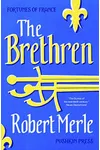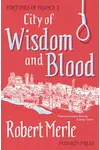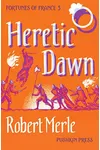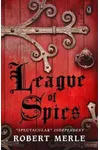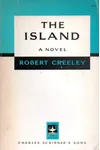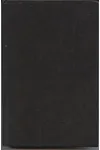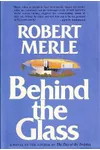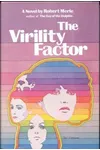Picture a French storyteller who spun tales of war, adventure, and history with the flair of a modern-day Dumas—meet Robert Merle! Born in 1908 in Tébessa, French Algeria, Merle’s life was a tapestry of academic rigor, wartime survival, and literary brilliance. His novels, from gritty war stories to the sprawling Fortune de France series, capture the human spirit with wit and depth, making him a beloved figure in 20th-century French literature.
A scholar, soldier, and storyteller, Merle’s experiences as a WWII prisoner of war and his Algerian roots shaped his unflinching exploration of human nature. His work blends meticulous research with vibrant prose, earning him the prestigious Prix Goncourt and a lasting legacy. Ready to dive into his world? Let’s explore the life and stories of this literary giant!
The Making of Robert Merle
Born on August 28, 1908, in Tébessa, Algeria, Robert Merle grew up in a world colored by colonial life. His father, Félix, an interpreter fluent in Arabic, died in 1916 during the Dardanelles campaign, prompting a young Merle and his mother to relocate to Paris. There, he excelled at the Sorbonne, earning a doctorate in literature with a focus on Oscar Wilde. By the 1930s, he was a professor of English literature, teaching alongside luminaries like Jean-Paul Sartre. But the outbreak of WWII in 1939 changed everything. Conscripted as an interpreter for the British Expeditionary Force, Merle was captured during the chaotic Dunkirk evacuation, an experience that would fuel his literary debut.
Robert Merle’s Unforgettable Stories
Merle’s first novel, Week-end à Zuydcoote (1949), was a raw, anti-war masterpiece that won the Prix Goncourt. Drawing from his time as a POW, it vividly portrays the desperation of soldiers during the Dunkirk evacuation, blending stark realism with psychological depth. The novel’s success established Merle as a bold new voice, and its film adaptation, starring Jean-Paul Belmondo, brought his work to a wider audience.
His magnum opus, the 13-volume Fortune de France series (1977–2003), is a historical epic that recreates 16th- and 17th-century France through the eyes of Pierre de Siorac, a fictional Huguenot doctor-turned-spy. Written in period-specific French, the series showcases Merle’s linguistic mastery and historical precision, earning him comparisons to Alexandre Dumas. With over five million copies sold in France, it’s a cultural touchstone, celebrated for its vivid portrayal of religious wars and everyday life.
Merle’s versatility shone in works like La mort est mon métier (1952), a chilling exploration of a Nazi officer’s psyche, and Un animal doué de raison (1967), a Cold War satire about dolphins trained as spies. His ability to weave politics, morality, and adventure into compelling narratives made him a master of multiple genres.
Why Robert Merle Matters
Robert Merle’s legacy lies in his ability to humanize history. His novels don’t just recount events—they immerse readers in the textures of the past, from the chaos of war to the intrigue of royal courts. His anti-war stance, shaped by his own experiences, and his critiques of colonialism and human cruelty resonate across generations. Merle’s work, lauded by critics like those at Le Monde and The Guardian, bridges popular appeal with intellectual depth, making him a rare literary figure.
His influence extends beyond France, with translations in multiple languages, though his Fortune de France series remains a challenge to translate due to its period-specific language. Merle’s commitment to historical accuracy and his empathetic portrayal of complex characters continue to inspire readers and writers alike.
About Robert Merle
- Born: August 28, 1908, Tébessa, French Algeria
- Died: March 27, 2004, Montfort-l’Amaury, France
- Key Works: Week-end à Zuydcoote, Fortune de France, La mort est mon métier, Un animal doué de raison
- Awards: Prix Goncourt (1949), Prix de la Fraternité
Ready to step into Merle’s world? Snag The Brethren, the first volume of Fortune de France, and lose yourself in his thrilling blend of history and adventure!
